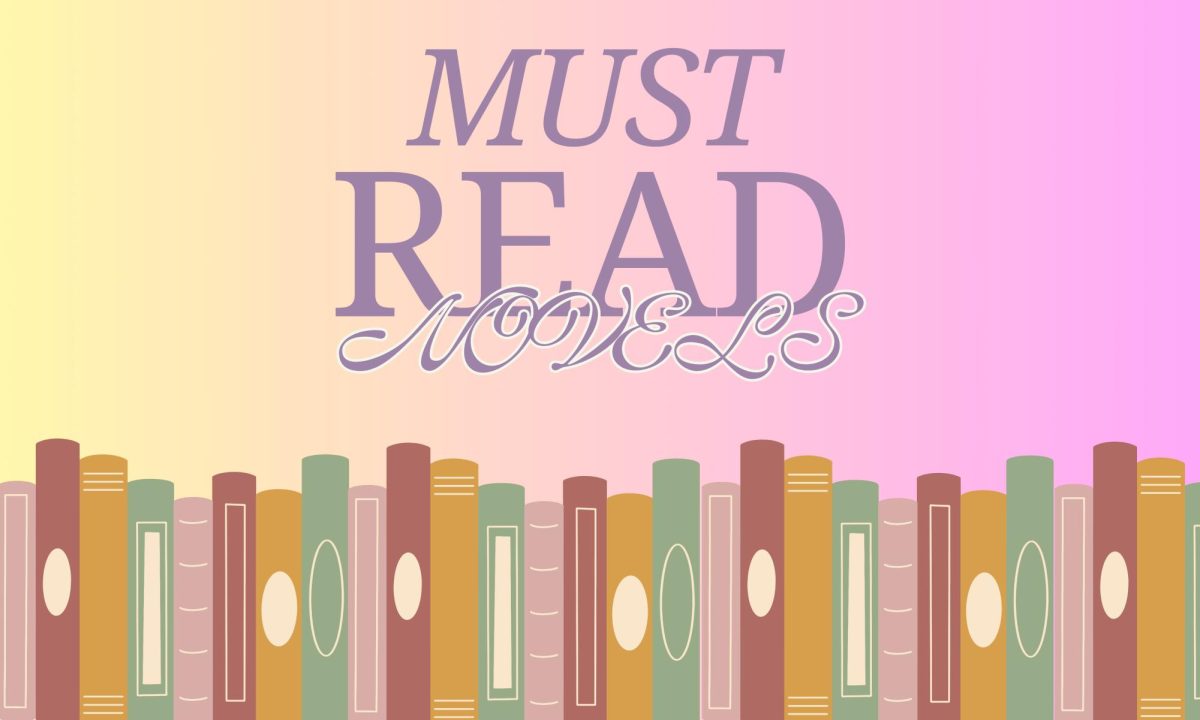As Fenton High sends off the Class of 2024, and this group of alumni embarks on the next chapter of their lives, literature serves as a guiding and forgiving hand when discovering one’s identity and finding security in one’s individuality.
The following three novels contain narratives from varying diverse aspects of life, each providing a unique perspective on growing up, romantic and platonic relationships and identity.
1. “Just Kids” by Patti Smith
This novel serves as a first hand account of the multifaceted life of poet, writer and musician, Patti Smith. She details her move to New York City, and all of the struggles and rewards that accompanied one another when trying to survive in the City in the late twentieth century. Smith depicts the diverse encounters and people she interacted with, as well the raw details of her romantic relationships and personal evolution.
2. “The Perks of Being a Wallflower” by Stephen Chbosky
Written in the unique form of letters, this novel follows the perspective of Charlie Kelmeckis, an introverted teenager navigating his way through high school. Chbosky’s writing encourages his readers to dig deeper, analyze the various archetypes present throughout the narrative and empathize with each character. This unequivocally provides audiences with the power to make their own self discoveries, and work to unpack childhood memories and trauma.
3. “Normal People” by Sally Rooney
Another unique narrative, this novel follows the deeply complex romantic relationship between protagonists Marianne and Connell—all while never once utilizing quotation marks. This covertly expresses the necessary prevalence, or lack thereof, of communication within a relationship. As Marianne and Connell navigate the final years of high school and the beginning years of university together, Rooney conveys highly relatable romantic joys and plights to her audiences, inviting them to empathize and learn from the mistakes of her protagonists.
Literature has been an unwavering solace for people of all backgrounds, and the utterly overwhelming, emotional and complex phase of early adulthood is a time when this comfort and guidance is essential.













